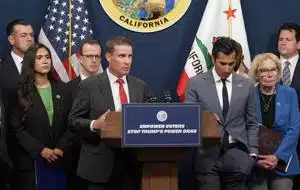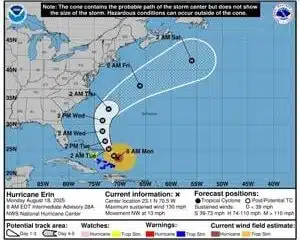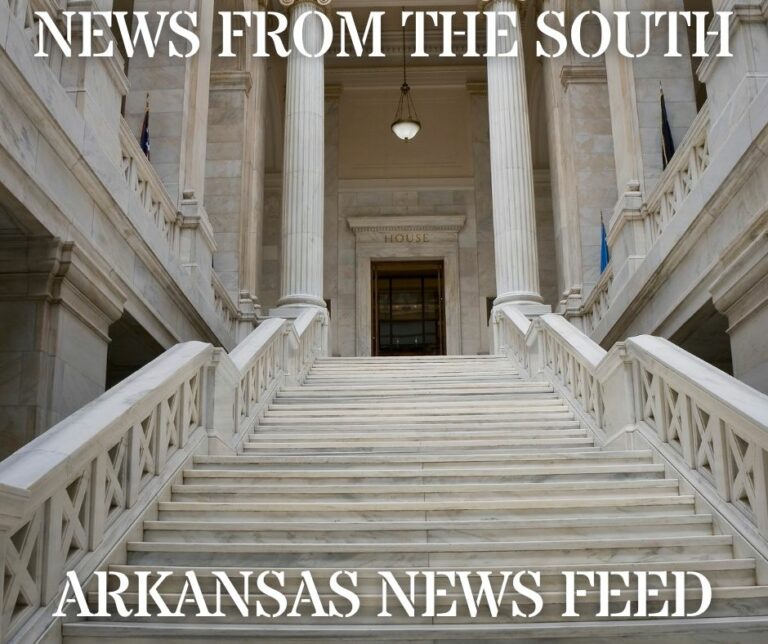(The Center Square) − Louisiana joined 23 states challenging Vermont’s new “Climate Superfund Act,” claiming the law unconstitutionally penalizes consumers and energy companies alike.
The lawsuit is the latest in a quartet of challenges filed against states with “ideologically motivated” climate change policies. On Thursday, the DOJ announced that lawsuits were filed against, Hawaii, Michigan, Vermont and New York for similar alleged violations.
The state coalition suit alleges that Vermont’s law amounts to a retroactive and extraterritorial “shakedown” that violates multiple provisions of the U.S. Constitution and federal environmental law, an argument similar to the federal suits.
The plaintiffs include energy-producing states like Texas, West Virginia, Louisiana, and Alaska, as well as a host of others across the South, Midwest, and Mountain West. The attorneys general accuse Vermont of attempting to usurp federal authority and unilaterally set national climate policy by imposing potentially billions of dollars in liability on oil, gas, and coal companies — many of which have no direct ties to Vermont.
“This is a case about a single state attempting to dictate energy and economic policy for the entire nation,” the complaint states. “Vermont’s law threatens to drive up energy prices for Americans across the country and could force producers to shutter their operations altogether.”
The Climate Superfund Act, signed into law in early 2025, authorizes Vermont to seek compensation from fossil fuel companies for climate-related damages sustained in the state between 1995 and 2024.
Modeled in part on the federal Superfund law that holds polluters liable for toxic waste cleanup, the Vermont law goes a step further by retroactively targeting greenhouse gas emissions — regardless of where those emissions occurred.
Each lawsuit charges the four states with the same five violations.
“Congress — not Vermont — has the authority to set uniform national standards,” the complaint states, quoting a recent U.S. Supreme Court decision that limited EPA authority but reaffirmed the primacy of federal policymaking in energy regulation.
Beyond federalism concerns, the states claim the law imposes unconstitutional retroactive penalties, violates due process and equal protection rights, and amounts to an excessive fine under the Eighth Amendment.
They also allege the law discriminates against out-of-state energy companies while sparing Vermont’s own polluters — such as wood-burning operations that contribute significant emissions but are politically popular.
“To support the health, safety, and prosperity of our communities, we must ensure Vermont is equipped financially to address the impacts of climate change,” said Mike Pieciak, Vermont’s state treasurer. “This work is even more important as our state recovers from a second straight year of widespread flooding, with the impact falling hardest on low-income Vermonters and our most vulnerable communities.
“Our office stands ready to start implementing the Climate Superfund Act, to ensure the costs of climate change are shouldered by the polluters responsible, not Vermonters.”
But the coalition of states says that remedy comes at the expense of constitutional norms and the livelihoods of their citizens.
“Vermont can’t have its cake and eat it too,” the lawsuit says. “It benefited from affordable and reliable fossil fuels for decades. Now, it seeks to penalize the very producers who made that possible.”
The American Petroleum Institute, a lead plaintiff, described the lawsuits and laws like Vermont’s as “not only an attack on the companies that provide Americans with affordable and reliable energy,” but also “an unconstitutional affront to the federal government’s role” in setting climate and energy policy.
API praised the Department of Justice for intervening, calling it “bold action” against what they see as “activist-driven state overreach.”





















































